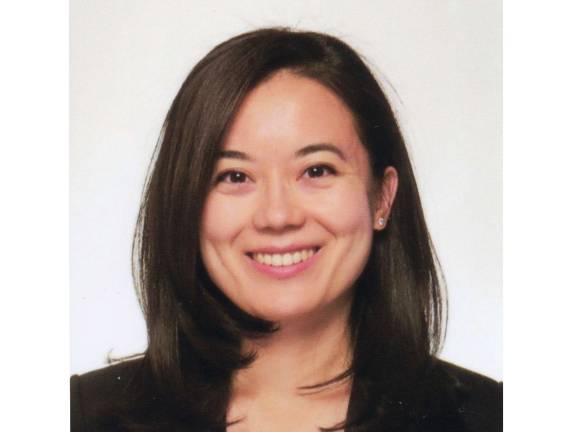You and your thyroid: what you need to know

We all know the holidays can be exhausting. Between stressful office parties, hosting in-laws, and keeping the kids entertained, this time of year can be particularly tiring. But if you are still dragging after the New Year revelry has ended, it may be time to check your thyroid.
The thyroid gland is a butterfly shaped organ found in the front of your neck, below the Adam's apple. It produces thyroid hormone, which is vital for the regulation of your metabolism. It is important that your thyroid hormone level is neither too high nor too low. That level is controlled by the hypothalamus and the pituitary gland in your brain, which monitor the thyroid hormone n your blood and can tell your thyroid gland to make more or less, as necessary.
When your thyroid gland is underactive and unable to produce sufficient amounts of thyroid hormone, the condition is called hypothyroidism. Although hypothyroidism may be congenital, it is usually acquired in life. The most common cause in adults is Hashimoto's disease, an autoimmune disorder that causes chronic inflammation of the thyroid gland. Women between the ages 30-50 are most commonly affected. An estimated 14 million people in the U.S. have the disease, making it one of the most common thyroid disorders.
Other common causes of hypothyroidism are radiation therapy to the head and neck, thyroid surgery with removal of a large portions of the thyroid gland, certain medications and treatment with radioactive iodine. Less common causes of hypothyroidism are recent child birth (postpartum thyroiditis), pituitary gland disorders and iodine deficiency. People over the age of 60, tend to develop mild forms of hypothyroidism as well, without those causes.
Initial symptoms of hypothyroidism, such as a lack of energy, are often subtle and can be mistaken for the effects of aging or a sedentary lifestyle. However, because your thyroid function affects almost every organ in the body, a lack of thyroid hormone may produce a variety of health problems. These include:
• Fatigue
• Weight gain
• Problems with memory and mental health
• Dry skin
• Heart disease
• Infertility
• Complications of pregnancy
Fortunately, hypothyroidism can be easily detected with blood tests. Always let you doctor know if you are taking any supplements and what ingredients they contain, as they can skew the results of your blood work.
When diagnosed, hypothyroidism is treated with tablets of synthetic thyroid hormone (levothyroxine) which is identical to the hormone made by your thyroid gland. Treatment starts with a low dose, which is gradually increased as needed. Most people require lifelong replacement of thyroid hormone, with occasional dose adjustments. The medication should always be taken in the morning on an empty stomach with some water, a half-hour before breakfast and other medications.
Age, weight, pregnancy, breastfeeding and other health conditions influence the amount of thyroid hormone needed. But the good news is that your overall well-being should improve within just a few days of starting the medication. When they receive proper treatment, people with hypothyroidism can lead completely normal, healthy lives.
If you have Hashimoto's thyroiditis, there is a slightly increased risk of developing a rare form of thyroid cancer known as primary thyroid lymphoma. Other, more common forms of thyroid cancer are not associated with hypothyroidism. Patients may note an enlarging mass in their neck or a nodule may incidentally be detected on CT scan or ultrasound. A biopsy will usually confirm this diagnosis.
You should have your endocrinologist or primary care physician check your thyroid hormone levels at least once a year, especially if you have been diagnosed with hypothyroidism, if your thyroid hormone levels have been close to abnormal before, or if you're feeling particularly fatigued and cannot seem to recover from things like holiday celebrations.
Dr. Stephanie Behringer-Massera is an Assistant Professor in the Department of Medicine, The Division of Endocrinology, Diabetes and Bone Disease at Mount Sinai Beth Israel. She is accepting new patients at the Thyroid Center in Union Square.
"You should have your thyroid hormone levels checked at least once a year.”
Stephanie Behringer-Massera, MD